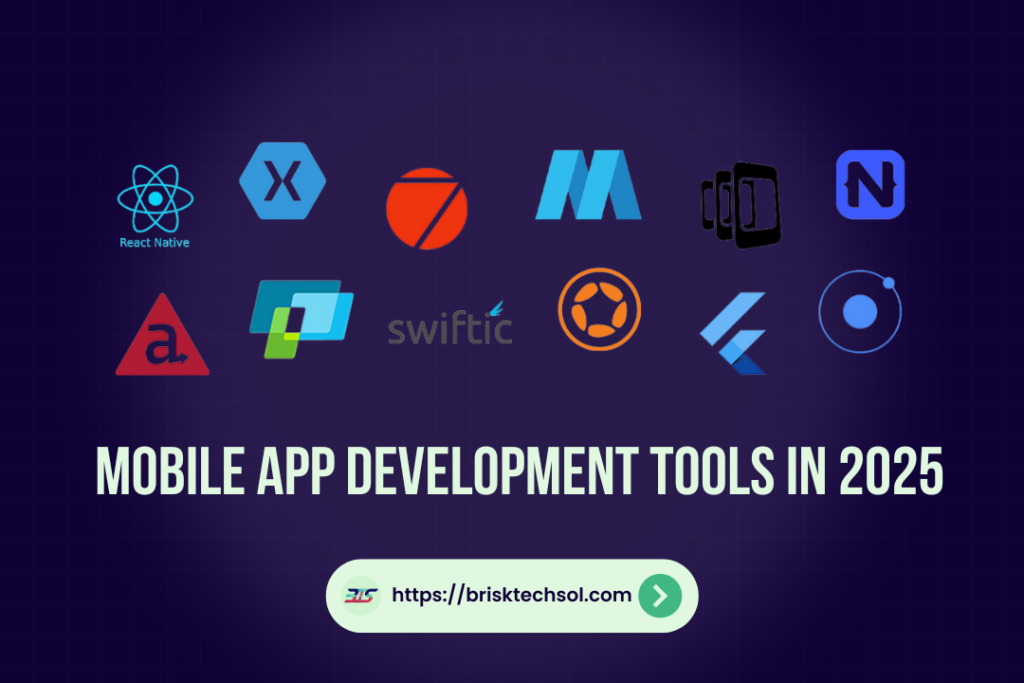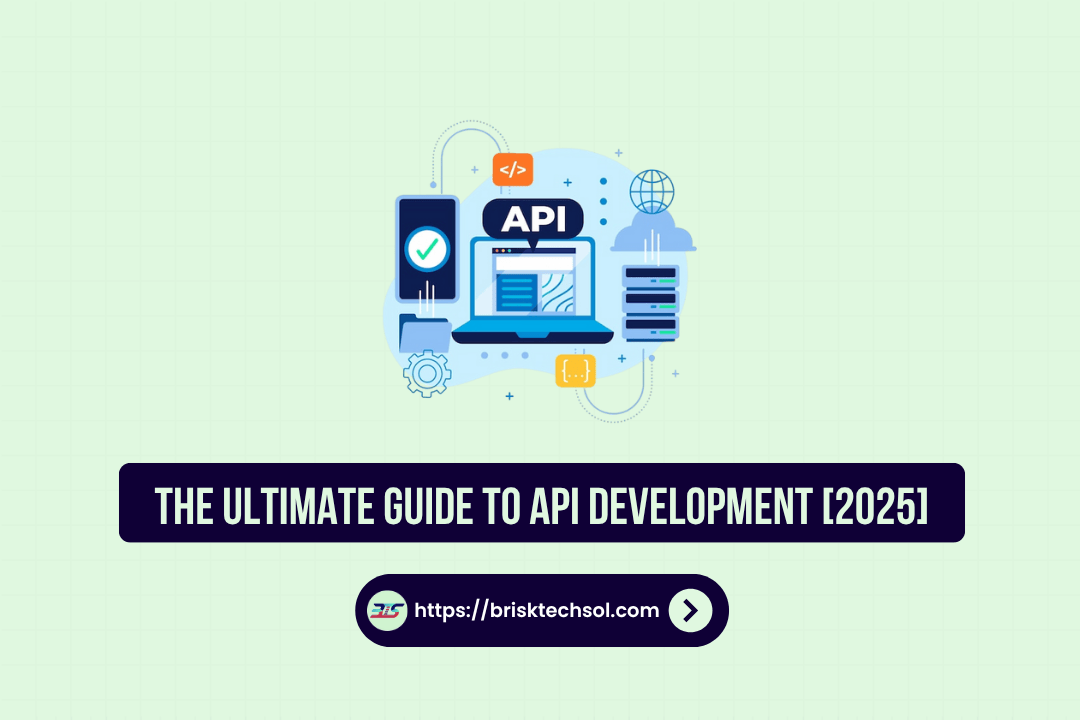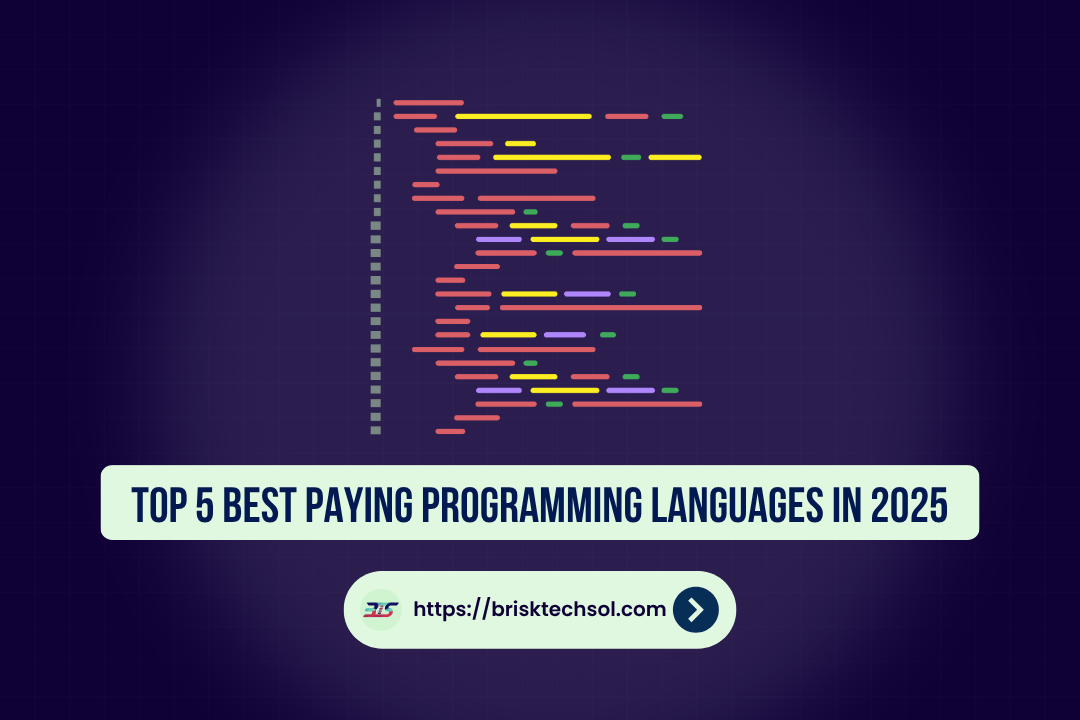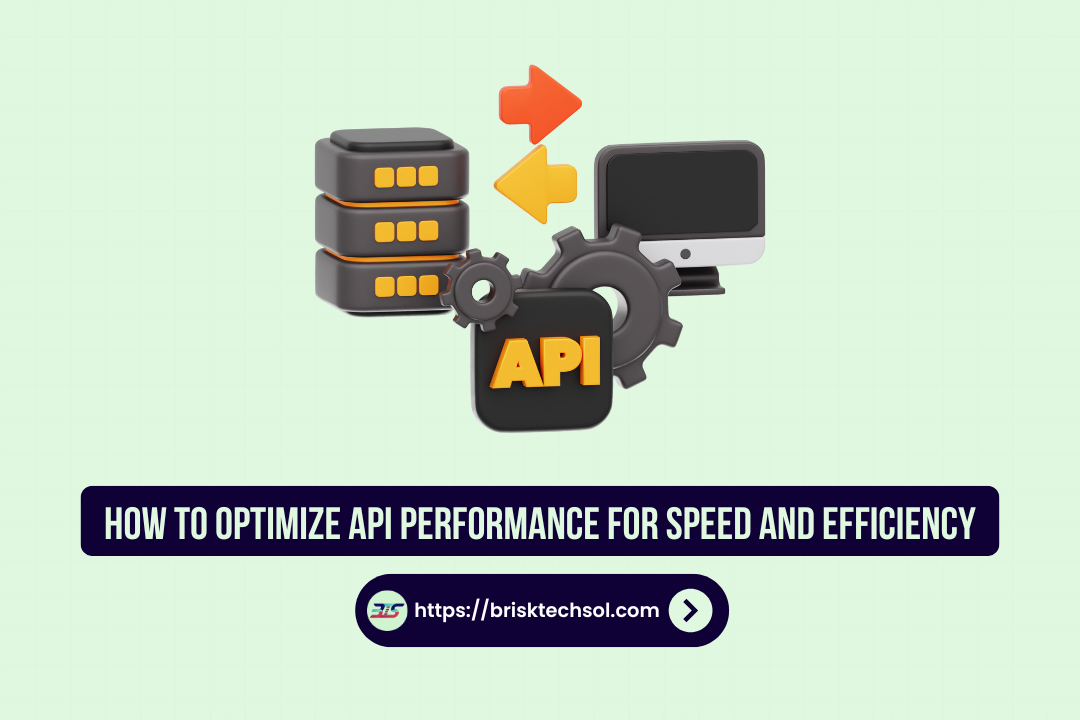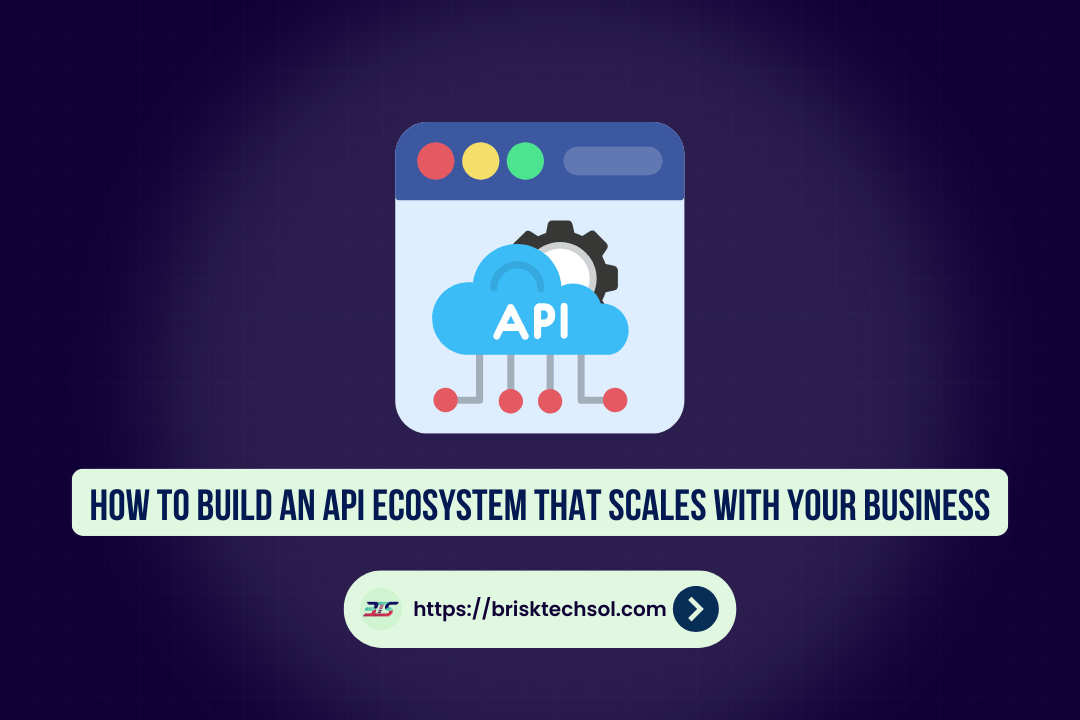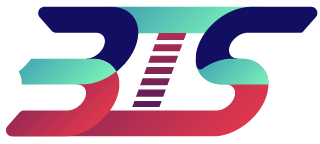Developing a successful mobile app requires not only skill but also the right set of tools. These tools simplify tasks, improve efficiency, and ensure your app delivers a seamless user experience. With countless options available, selecting the right ones can be daunting. This guide explores the best mobile app development tools in 2025, categorized to suit various stages of the app development lifecycle.
Key Takeaways
1. Types of Mobile App Development Tools
When building a mobile app, understanding the different categories of tools is essential. Here’s a breakdown:
1.1 iOS Development Tools
- Swift: Apple’s preferred programming language for building iOS apps. Known for its speed, safety, and modern syntax, Swift streamlines app creation with minimal errors.
- Xcode: The official IDE for iOS development. It features a code editor, debugging tools, and performance analysis utilities.
Example: Banking apps like Chase Mobile use Swift and Xcode for a highly secure and responsive interface.
1.2 Android Development Tools
- Kotlin: Google’s recommended programming language for Android development. Kotlin reduces boilerplate code and ensures seamless interoperability with Java.
- Android Studio: A feature-packed IDE offering a flexible Gradle-based build system, real-time error detection, and emulator testing.
Example: Apps like Google Play Music leverage Android Studio for smooth functionality across devices.
2. Cross-Platform Development Tools
Cross-platform tools allow developers to write a single codebase for apps that work on multiple platforms. These tools are cost-effective, save development time, and are ideal for startups and small businesses.
2.1 Flutter
Flutter, an open-source UI toolkit by Google, simplifies app development with:
- Custom Widgets: Allows developers to create visually engaging apps with unique designs.
- Hot Reload: Speeds up the development process by reflecting code changes instantly.
Case Study: Google Ads app uses Flutter for its performance and intuitive user experience.
2.2 React Native
React Native by Meta enables developers to build apps using JavaScript and reusable components.
- Extensive Library Support: Offers pre-built solutions for faster development.
- Versatility: Ideal for complex UIs, including animations and seamless transitions.
Example: Popular apps like Pinterest and Shopify rely on React Native for their scalable designs.
2.3 Xamarin
This Microsoft-backed tool uses C# and .NET for creating cross-platform apps with a native look and feel.
- Strengths:
- Direct API access for both iOS and Android.
- Built-in testing and monitoring tools.
- Limitations: Requires familiarity with the Microsoft ecosystem.
3. Web App Development Tools
Web apps focus on accessibility and are built using frameworks that ensure compatibility across browsers and devices.
3.1 AngularJS
A JavaScript framework by Google that simplifies the creation of dynamic, single-page web apps.
3.2 Vue.js
A progressive framework for building interactive web interfaces. Its lightweight nature ensures fast loading speeds and smooth performance.
3.3 Sencha Touch
Optimized for building cross-platform web applications, Sencha Touch supports touch-enabled devices with powerful UI components.
4. Prototyping and Design Tools
Prototyping tools are essential for visualizing app workflows and creating user-friendly interfaces. They help streamline collaboration between developers, designers, and stakeholders.
- Figma: Offers a cloud-based environment with real-time collaboration, making it ideal for remote teams.
- Adobe XD: Designed for creating wireframes and prototypes, it integrates seamlessly with Photoshop and Illustrator.
- Sketch: A favorite among UI/UX designers for its intuitive interface and focus on simplicity.
5. Testing and Debugging Tools
Testing tools ensure that your app performs seamlessly across various devices, operating systems, and environments.
5.1 Appium
A popular open-source tool for automating mobile app testing.
- Support: Compatible with native, hybrid, and web applications.
- Key Benefit: Works across multiple platforms without requiring code changes.
5.2 Firebase Test Lab
Google’s cloud-based solution for app testing.
- Features:
- Automated performance analysis.
- Testing on a wide range of physical and virtual devices.
5.3 BugSnag
Focused on error monitoring, BugSnag provides actionable insights to identify and fix crashes effectively.
6. Backend and Cloud Tools
Every app needs a reliable backend to manage data storage, user authentication, and server-side logic. Cloud platforms simplify these tasks with scalable solutions.
6.1 Firebase
A Backend-as-a-Service (BaaS) platform offering:
- Authentication Services: Supports email, Google, Facebook, and other third-party sign-ins.
- Realtime Database: Ideal for apps requiring real-time updates like chat applications.
6.2 AWS Amplify
A cloud-based tool from Amazon Web Services that provides hosting, data storage, and analytics.
6.3 Heroku
A platform-as-a-service (PaaS) solution for deploying, managing, and scaling applications with minimal effort.
7. Performance Monitoring and Analytics
Performance tracking tools help you understand user behavior and optimize your app for better engagement.
7.1 Google Analytics for Firebase
Provides detailed insights into app performance, user demographics, and engagement.
7.2 Flurry Analytics
Tracks retention rates, session durations, and in-app purchases, making it a must-have for e-commerce apps.
7.3 AppDynamics
Monitors app crashes, network performance, and latency, helping businesses maintain a seamless user experience.
Conclusion
Choosing the right mobile app development tools is crucial for creating a successful app. Whether you’re focusing on native, cross-platform, or web development, these tools can simplify processes, enhance efficiency, and deliver outstanding results. Before selecting a tool, consider your project requirements, budget, and long-term maintenance goals.
FAQ‘s
- What are mobile app development tools?
These are software programs that assist in designing, developing, testing, and maintaining mobile apps. - Which tools are best for beginners?
Flutter and React Native are beginner-friendly due to their vast community support and documentation. - What is the difference between native and cross-platform tools?
Native tools focus on specific platforms, while cross-platform tools cater to multiple platforms with one codebase. - Are there free mobile app development tools?
Yes, tools like Flutter, React Native, and Firebase offer free versions. - How do I choose the right tool for my project?
Consider factors like app complexity, target platforms, budget, and your team’s expertise.


